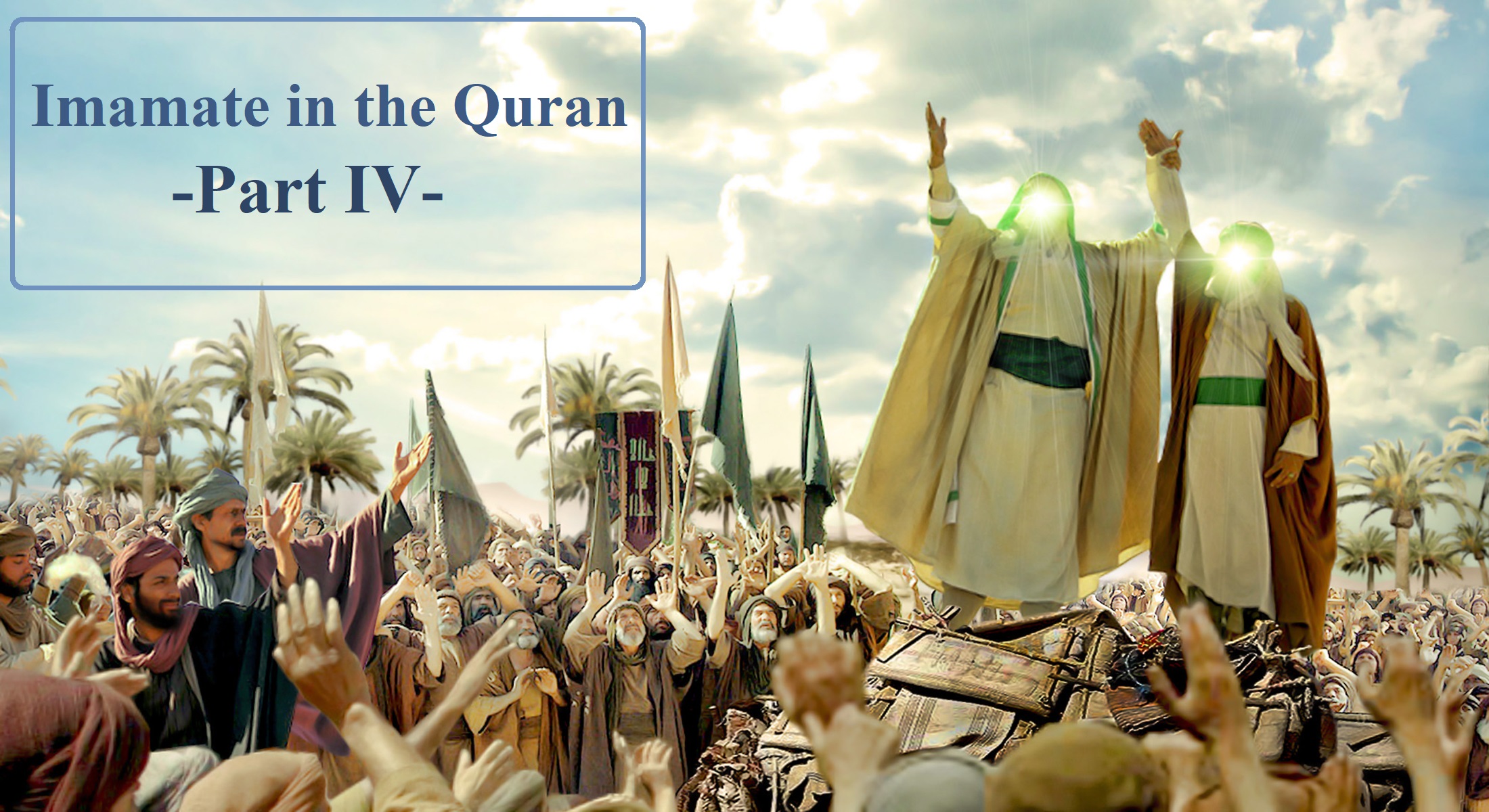UNPACKING THE MOST INTRIGUING QUESTIONS IN THE QURAN
Tuesday 12 May 2020 (19th Night of Ramadan 1441)
Ahlul Bait (a.s) Masjid, Ottery, Cape Town
Mowlana Syed Aftab Haider
C. WILAYAH – THE DEEP ESSENCE OF IMAMAT IN THE QURAN
Another very important point to draw your attention to is that the discussion about Imamat in the Holy Quran is not confined to the eight verses referenced earlier, where the term Imam is directly mentioned. Imam is one word to convey the philosophy and doctrine of Imamat and leadership.
Of course, this is the most explicit word, but there are numerous other words noted directly and indirectly in the Holy Quran which speak very much about the issue of leadership. One of the most important terms which conveys the doctrine of Imamat without using the term Imam is Wilayah (guardianship).
We all know very well the verse referring to the Wilayah of Imam Ali (a.s), who gave charity while in the position of Rukuh. Verse 55 of Surah Maida (chapter 5 of the Holy Quran) refers:
إِنَّمَا وَلِيُّكُمُ اللَّهُ وَرَسُولُهُ وَالَّذِينَ آمَنُوا الَّذِينَ يُقِيمُونَ الصَّلَاةَ وَيُؤْتُونَ الزَّكَاةَ وَهُمْ رَاكِعُونَ
Only Allah is your Guardian and His Messenger and those who believe, those who keep up prayers and pay the poor-rate while they bow.
The Holy Quran regularly speaks about this crucial issue of Wilayah, which is basically the deeper face of Imamat. Allama Tabataba’i, the great philosopher and commentator of the Holy Quran of the 20th century, very beautifully explains that Imamat is the external layer of leadership, and Wilayah is the core of Imamat.
Imamat on the public level is leadership, and therefore the term Imam is used. However, in the cosmos it is Wilayah, which in the public level explains our relationship to the leadership, the true believers and the enemies. This can best be presented in the form of a triangle, where we have the Imam on the one side, people on the other side, and the enemies on the third side.
We have positive and negative Wilayah. We have Wilayah in the following relationships:
True believers (mu’min versus mu’min);
Enemies (mu’min versus Kafir);
Mu’mineen versus Imam
The Holy Quran is very clear in explaining that the only people who will be successful are those who have Wilayah, because Almighty Allah (SWT) refers to them as the Hizbullah (party of Allah (SWT)). The party has leadership, and those who are connected to the Wilayah means those who are connected to the leadership.
Conversely, there is the Hizbus Shaytan. They also have the relationship of Wilayah between them, albeit a negative one. This is explained further in Surah Mumtahina (chapter 60 of the Holy Quran) where Almighty Allah (SWT) says that we should not make His enemy and our enemy as the Wali. This adds deeper meaning into the purity of the institution of Imamah.

